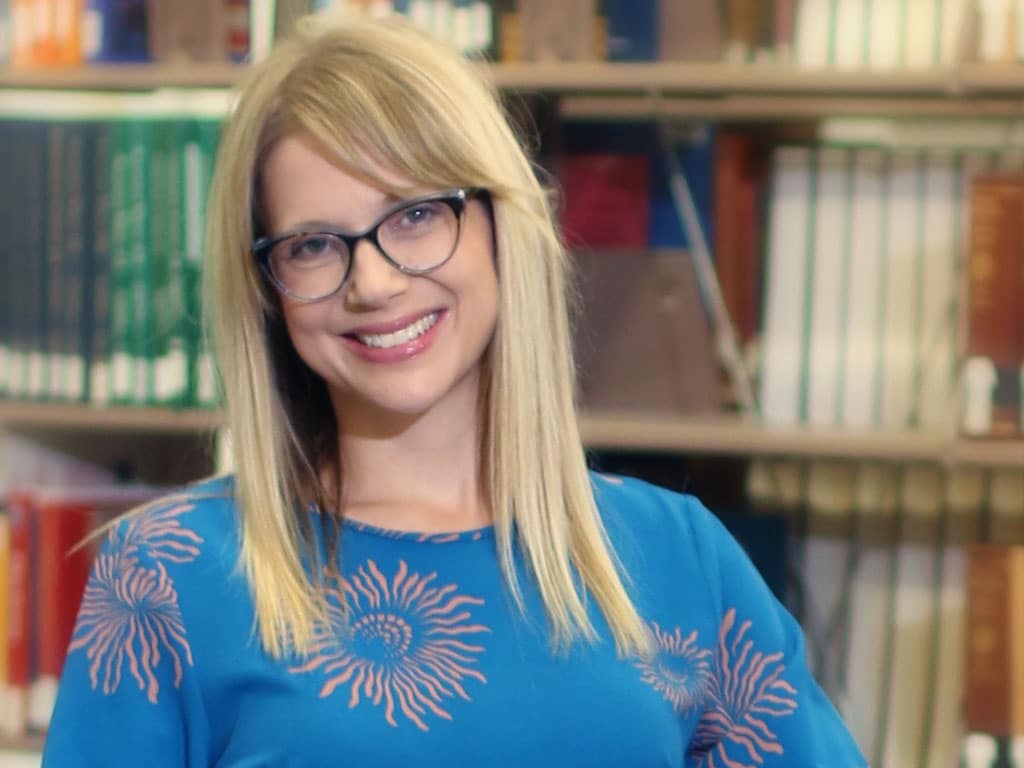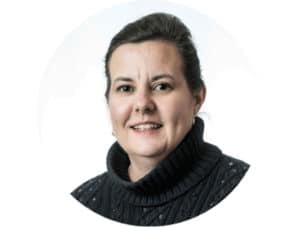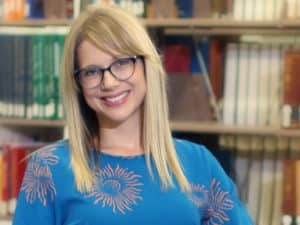With election season upon us, many of my friends and colleagues are asking how the humanities can help heal our nation’s severe political divide. We are weary of dysfunctional discourse and mourn the loss of friendships and family relationships due to political difference. Behind these questions, I also sense anxiety about the erosion of our precious democratic institutions and processes.
Soon after the 2016 election, I read Professor Arlie Russell Hochschild’s Strangers in Their Own Land: A Journey to the Heart of Our Political Divide. I was struck by Hochschild’s description of the “obstacle[s] to deep understanding of another person…that can make us feel indifferent or even hostile to those who hold different beliefs or whose childhood is rooted in different circumstances.” She says we can combat this animosity within ourselves and our communities if we would “understand the links between life, feeling, and politics…to cross the empathy wall.”
Making these connections is at the heart of the public humanities. Understanding the lived experiences of our neighbors, colleagues, and, yes, even our grumpy uncles, can help us better understand their political perspectives and concerns. Even if we disagree with each other’s conclusions, climbing the empathy wall can help us engage in more informed and productive political dialogue with our fellow citizens.
To be sure, the humanities know no political party. And the humanities have the power to transform the world by transforming individuals and communities. Perhaps the humanities can facilitate civil political conversation through such connection-making. Min Jin Lee, National Book Award finalist for her novel Pachinko, writes: “I’m interested in creating radical empathy through art…I think literature is especially good at awakening that part of our capacity. It’s one of the few things that can really convince human beings to view each other as human beings. We’re so willing to dehumanize entire populations in order for us to conveniently go along with our lives.” Hochschild’s links between our neighbor’s “life, feeling, and politics” align with Lee’s literary aesthetic of radical empathy.
At Humanities Montana, our Informed Citizen initiative and Democracy Project bring humanities-informed perspectives, civil discourse, and engagement into the public life. Our Big Sky Reads Book Clubs are an opportunity to use literature and story to, as British novelist E.M. Forster says in Howard’s End, “only connect…”
I would love to hear from you about the books and humanities discussions that have helped you and your community unite. You can always contact me directly at randi.tanglen@humanitiesmontana.org.
Randi Lynn Tanglen, Ph.D.
Executive Director
